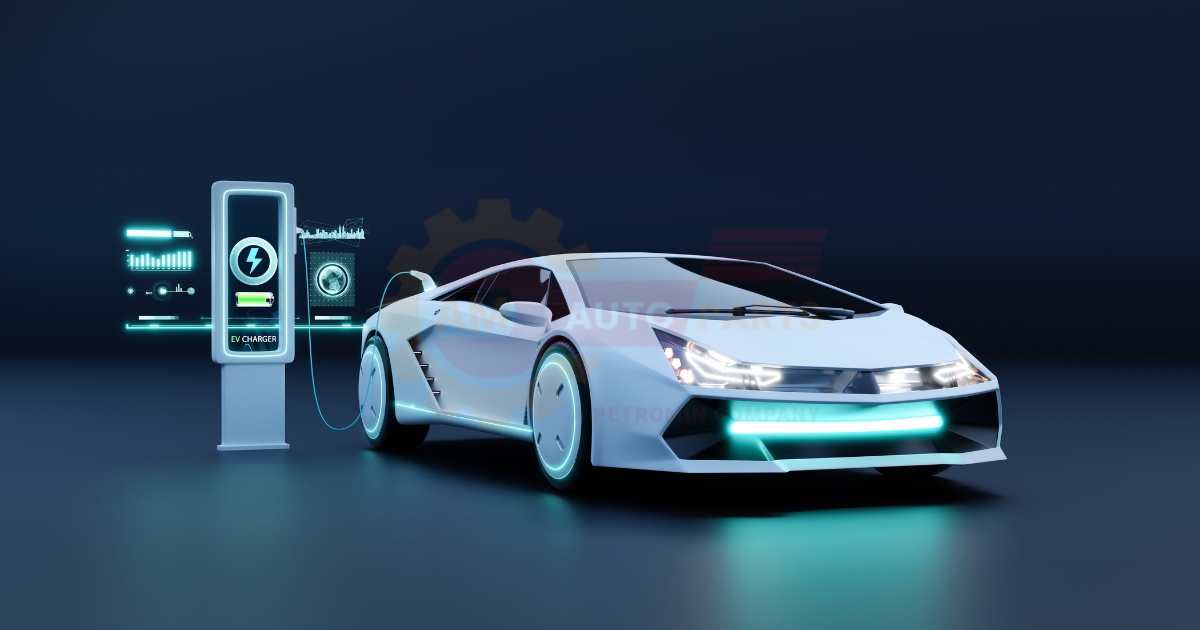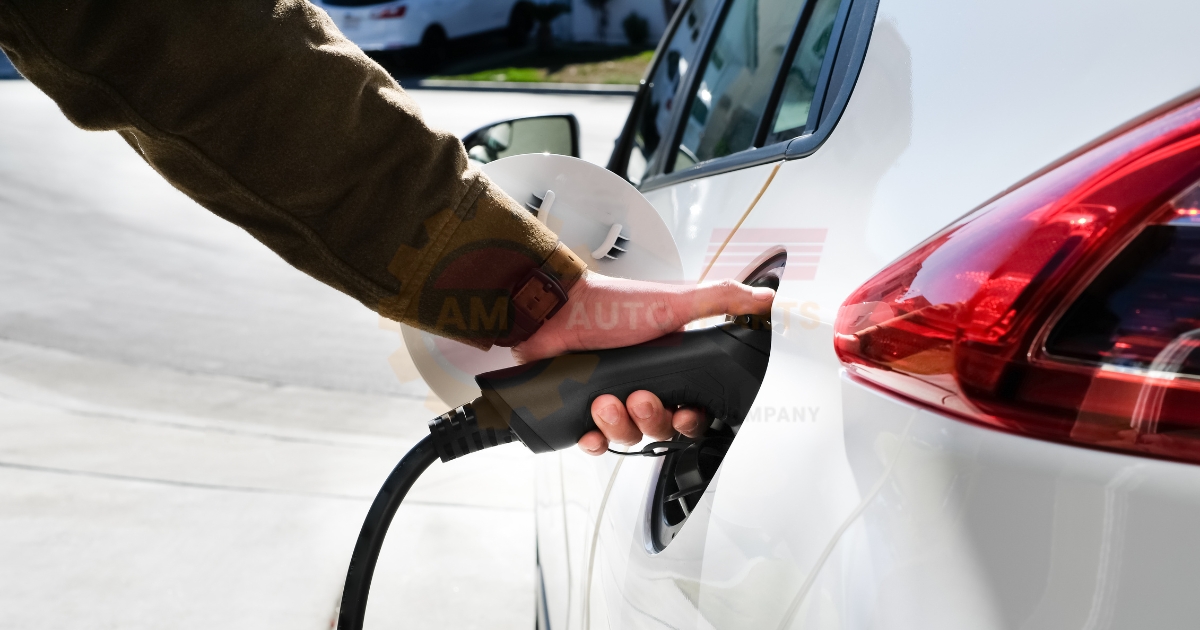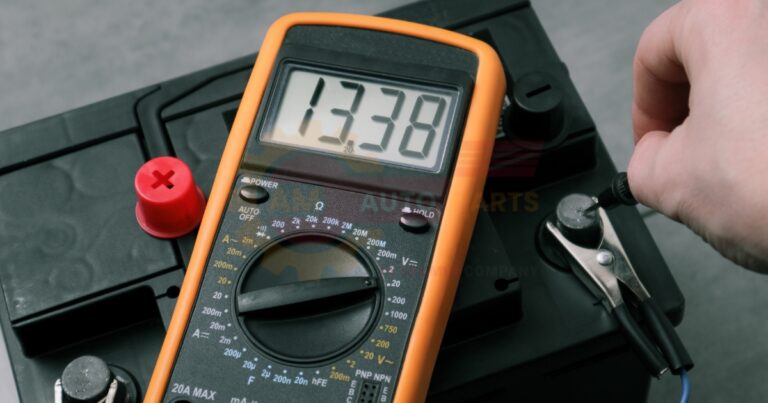Car Charger and Battery Issues: Troubleshooting and Solutions
Car chargers are essential devices that convert the vehicle’s power into a suitable form for charging electronic devices. They typically plug into the car’s cigarette lighter or a dedicated charging port. The charger then converts the 12V DC power from the car battery into a lower voltage suitable for your device, usually 5V for USB devices.
- Conversion Process : Converts 12V DC to 5V DC.
- Connection Points : Plugs into cigarette lighter or dedicated port.
- Output : Provides power to charge electronic devices.
Common Causes of Battery Drain
Battery drain can be a frustrating issue, often caused by several factors. One common cause is leaving electronic devices plugged in when the car is off. Another is a malfunctioning alternator that fails to recharge the battery while driving. Additionally, parasitic drains from electrical components like lights or radios can also contribute.
- Devices Left Plugged In : Continues to draw power even when the car is off.
- Faulty Alternator : Fails to recharge the battery.
- Parasitic Drains : Electrical components that draw power when they shouldn’t.
Signs of a Faulty Car Charger
A faulty car charger can lead to inefficient charging or even damage to your devices. Signs include inconsistent charging, overheating, and visible damage to the charger or cables. If your device charges slowly or not at all, it might be time to inspect your car charger.
- Inconsistent Charging : Device charges intermittently.
- Overheating : Charger becomes excessively hot.
- Visible Damage : Frayed cables or broken connectors.
Diagnosing Car Charger Problems
Testing Your Car Charger
To diagnose car charger issues, start by testing the charger with a different device. If the problem persists, the issue likely lies with the charger itself. Use a multimeter to check the voltage output and ensure it matches the specifications.
- Test with Different Device : Confirms if the issue is with the charger.
- Use a Multimeter : Measures voltage output.
- Compare Specifications : Ensure output matches device requirements.
Identifying Connection Issues
Connection issues can often be the culprit behind charging problems. Check the car’s charging port for debris or damage. Ensure the charger fits snugly into the port and that the cables are securely connected.
- Inspect Charging Port : Look for debris or damage.
- Ensure Snug Fit : Charger should fit securely.
- Check Cable Connections : Ensure cables are firmly connected.
Checking for Voltage Output
Using a multimeter, you can check the voltage output of your car charger. Set the multimeter to measure DC voltage and connect it to the charger’s output terminals. The reading should match the charger’s specifications, usually around 5V for USB chargers.
- Set Multimeter to DC Voltage : Prepare for measurement.
- Connect to Output Terminals : Measure voltage.
- Compare Reading to Specifications : Ensure it matches expected output.
Optimizing Car Battery Performance
Proper Battery Maintenance
Maintaining your car battery is crucial for optimal performance. Regularly check the battery terminals for corrosion and clean them as needed. Ensure the battery is securely mounted and inspect it for any signs of damage or wear.
- Check Terminals for Corrosion : Clean as needed.
- Secure Mounting : Ensure battery is firmly in place.
- Inspect for Damage : Look for cracks or leaks.
Avoiding Overcharging
Overcharging can significantly reduce your battery’s lifespan. Use a smart charger that automatically stops charging when the battery is full. Avoid leaving the charger connected for extended periods.
- Use Smart Charger : Automatically stops when full.
- Avoid Extended Charging : Disconnect when fully charged.
- Monitor Charging Time : Keep track of charging duration.
Selecting the Right Car Charger
Choosing the right car charger is essential for both your device and car battery. Look for chargers with the appropriate voltage and amperage for your device. Consider features like fast charging and multiple ports if you need to charge several devices simultaneously.
- Check Voltage and Amperage : Match with device requirements.
- Fast Charging Features : Reduces charging time.
- Multiple Ports : Charge several devices at once.
Why Does My Car Charger Drain My Phone Battery? 
Incompatible Charger Specifications
Using a charger with incompatible specifications can cause your phone battery to drain instead of charge. Ensure the charger’s voltage and amperage match your phone’s requirements. Incompatible chargers can lead to inefficient charging and potential damage.
- Match Voltage and Amperage : Ensure compatibility.
- Avoid Inefficient Charging : Use the correct charger.
- Prevent Potential Damage : Protect your phone battery.
Damaged Charging Port or Cable
A damaged charging port or cable can also cause battery drain. Inspect the charging port for debris or damage and check the cable for frays or breaks. Replacing damaged components can resolve the issue.
- Inspect Charging Port : Look for debris or damage.
- Check Cable for Frays : Replace if damaged.
- Ensure Secure Connection : Properly connect charger.
Power Fluctuations in the Vehicle
Power fluctuations in your vehicle can affect the charging process. These fluctuations can be caused by issues with the car’s electrical system or alternator. Using a voltage stabilizer can help maintain a consistent power supply.
- Check Electrical System : Inspect for issues.
- Monitor Alternator Performance : Ensure it’s functioning correctly.
- Use Voltage Stabilizer : Maintain consistent power supply.
Choosing the Best Car Charger for Your Device
Amperage and Voltage Considerations
When selecting a car charger, consider the amperage and voltage requirements of your device. Chargers with higher amperage can charge devices faster, but it’s essential to ensure compatibility to avoid damage.
- Check Device Requirements : Match amperage and voltage.
- Higher Amperage for Fast Charging : Reduces charging time.
- Ensure Compatibility : Avoid potential damage.
Fast Charging Capabilities
Fast charging capabilities can significantly reduce the time it takes to charge your device. Look for chargers that support technologies like Quick Charge or Power Delivery. These chargers can provide a higher power output for faster charging.
- Quick Charge Technology : Faster charging times.
- Power Delivery Support : Higher power output.
- Reduce Charging Time : Efficient charging process.
Multi-Device Charging Options
If you need to charge multiple devices simultaneously, consider a charger with multiple ports. These chargers can provide power to several devices at once, making them convenient for families or long trips.
- Multiple Ports : Charge several devices at once.
- Convenient for Families : Share charging capabilities.
- Ideal for Long Trips : Keep all devices powered.
How Can I Prevent My Car Charger from Draining My Battery? 
Using High-Quality Chargers
Using high-quality chargers can prevent battery drain and ensure efficient charging. Look for chargers from reputable brands and avoid cheap, low-quality options that may not meet safety standards.
- Reputable Brands : Ensure quality and safety.
- Avoid Cheap Options : Prevent potential issues.
- Efficient Charging : Maintain battery health.
Proper Connection Techniques
Proper connection techniques can also prevent battery drain. Ensure the charger is securely connected to the charging port and that the cables are not loose. A stable connection ensures efficient power transfer.
- Secure Connection : Ensure charger fits snugly.
- Avoid Loose Cables : Prevent power loss.
- Efficient Power Transfer : Maintain stable connection.
Regular Charger and Cable Inspection
Regularly inspecting your charger and cables can help identify potential issues before they cause problems. Look for signs of wear and tear, such as frayed cables or damaged connectors, and replace them as needed.
- Inspect for Wear and Tear : Check cables and connectors.
- Replace Damaged Components : Prevent issues.
- Maintain Charger Health : Ensure efficient charging.
Are Wireless Car Chargers More Efficient?
Comparing Wired and Wireless Charging
Wireless car chargers offer the convenience of cable-free charging, but they may not be as efficient as wired chargers. Wired chargers typically provide a more stable and faster charging experience.
- Convenience of Wireless : No cables needed.
- Efficiency of Wired : More stable charging.
- Charging Speed : Wired chargers are usually faster.
Advantages of Wireless Car Chargers
Wireless car chargers offer several advantages, including ease of use and reduced wear on charging ports. They can also be more convenient for short trips, as you can quickly place your phone on the charging pad without fumbling with cables.
- Ease of Use : Simple placement on charging pad.
- Reduced Wear : Less strain on charging ports.
- Convenient for Short Trips : Quick and easy charging.
Potential Drawbacks of Wireless Charging
Despite their advantages, wireless chargers have some drawbacks. They can be less efficient, leading to slower charging times. Additionally, they may generate more heat, which can affect battery health over time.
- Less Efficient : Slower charging times.
- Heat Generation : Can affect battery health.
- Potential Compatibility Issues : Not all devices support wireless charging.
Can a Bad Car Charger Damage My Phone?
Risks of Using Faulty Chargers
Using a faulty car charger can pose several risks to your phone. It can lead to inconsistent charging, overheating, and even permanent damage to your device. Always use chargers that are in good condition and meet safety standards.
- Inconsistent Charging : Unreliable power supply.
- Overheating : Can damage battery.
- Permanent Damage : Risk to device health.
Protecting Your Device from Power Surges
Power surges can occur in your vehicle’s electrical system, potentially damaging your phone. Using a charger with built-in surge protection can help safeguard your device from these fluctuations.
- Built-in Surge Protection : Prevents damage.
- Safeguard Device : Protect from power fluctuations.
- Maintain Device Health : Ensure safe charging.
Signs of Charger-Induced Phone Damage
If your phone shows signs of damage after using a car charger, it may be due to the charger itself. Look for symptoms like battery swelling, overheating, or erratic behavior. If you notice these signs, stop using the charger immediately.
- Battery Swelling : Indicates damage.
- Overheating : Potential charger issue.
- Erratic Behavior : Unusual phone performance.
How Long Should a Car Charger Last?
Average Lifespan of Car Chargers
The average lifespan of a car charger can vary depending on the quality and usage. High-quality chargers can last several years, while cheaper options may need replacement more frequently. Regular maintenance can also extend the lifespan.
- High-Quality Chargers : Last several years.
- Cheaper Options : May need frequent replacement.
- Regular Maintenance : Extends lifespan.
Factors Affecting Charger Durability
Several factors can affect the durability of your car charger, including usage patterns, environmental conditions, and build quality. Avoid exposing the charger to extreme temperatures and handle it with care to prolong its life.
- Usage Patterns : Frequent use can wear out chargers.
- Environmental Conditions : Avoid extreme temperatures.
- Build Quality : Higher quality lasts longer.
When to Replace Your Car Charger
Knowing when to replace your car charger is essential for maintaining efficient charging. If you notice signs of wear, such as frayed cables or inconsistent charging, it’s time to invest in a new charger. Battery manufacturing process Factories make batteries by putting special materials together in layers and adding chemicals then they seal everything inside a case to create a finished battery that can store and release energy Battery revival techniques involve methods to extend the life of old batteries These techniques can help restore power to weak or seemingly dead batteries
Battery capacity measurement Car battery replacement timing Most car batteries last 3 to 5 years before needing replacement but this can vary based on usage and climate conditions Ideal car voltage A car battery should have about 12 to 14 volts for the vehicle to run properly
Charge depleted battery means your device has no power left You need to plug it in to recharge the
- Signs of Wear : Frayed cables or damage.
- Inconsistent Charging : Indicates potential issues.
- Invest in New Charger : Ensure efficient charging.
Tips for Extending Car Battery Life
Proper Charging Habits
Adopting proper charging habits can significantly extend your car battery’s life. Avoid frequent short trips that don’t allow the battery to fully recharge. Instead, take longer drives occasionally to ensure the battery gets a full charge.
- Avoid Short Trips : Prevent incomplete charging.
- Take Longer Drives : Ensure full battery charge.
- Maintain Proper Charging : Extend battery life.
Avoiding Extreme Temperatures
Extreme temperatures can negatively impact your car battery’s performance and lifespan. Try to park in shaded areas during hot weather and use a battery heater in extremely cold conditions.
- Park in Shade : Protect from heat.
- Use Battery Heater : In cold conditions.
- Maintain Optimal Temperature : Ensure battery health.
Regular Battery Checks and Maintenance
Regularly checking and maintaining your car battery can help identify potential issues before they become serious problems. Inspect the battery terminals for corrosion, check the electrolyte levels, and ensure the battery is securely mounted.
- Inspect Terminals : Look for corrosion.
- Check Electrolyte Levels : Maintain proper levels.
- Secure Mounting : Ensure battery is firmly in place.
FAQs
How do I know if my car charger is compatible with my device?
To ensure compatibility, check the voltage and amperage requirements of your device and compare them with the specifications of the car charger. Using a charger with the correct specifications will ensure efficient and safe charging.
Can using a car charger damage my car battery?
Using a car charger is generally safe for your car battery if you use a high-quality charger and follow proper charging practices. Avoid leaving devices plugged in when the car is off to prevent battery drain.
What should I do if my car charger stops working?
If your car charger stops working, start by testing it with a different device to rule out device-specific issues. Check the charger and cables for visible damage and use a multimeter to measure the voltage output. If the charger is faulty, replace it with a new one.
Are fast chargers safe for all devices?
Fast chargers are generally safe for devices that support fast charging technologies like Quick Charge or Power Delivery. However, using a fast charger with a device that doesn’t support these technologies can lead to overheating and potential damage.
How often should I replace my car battery?
The lifespan of a car battery can vary, but most batteries last between 3 to 5 years. Regular maintenance and proper charging habits can extend the battery’s life. If you notice signs of wear or reduced performance, it may be time to replace the battery.






